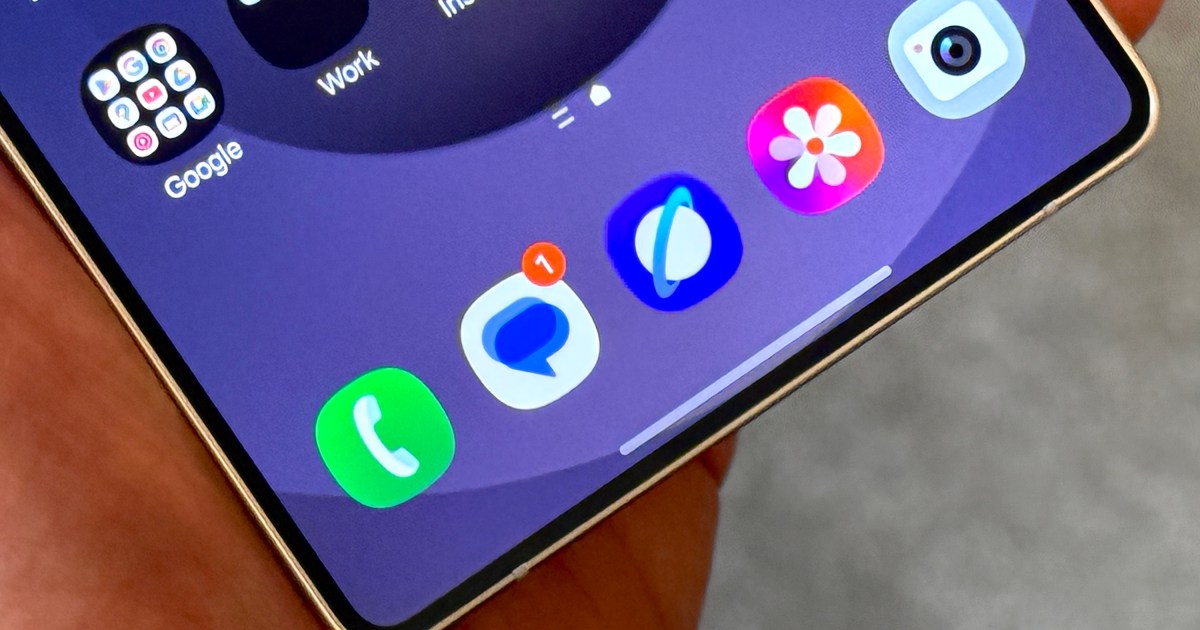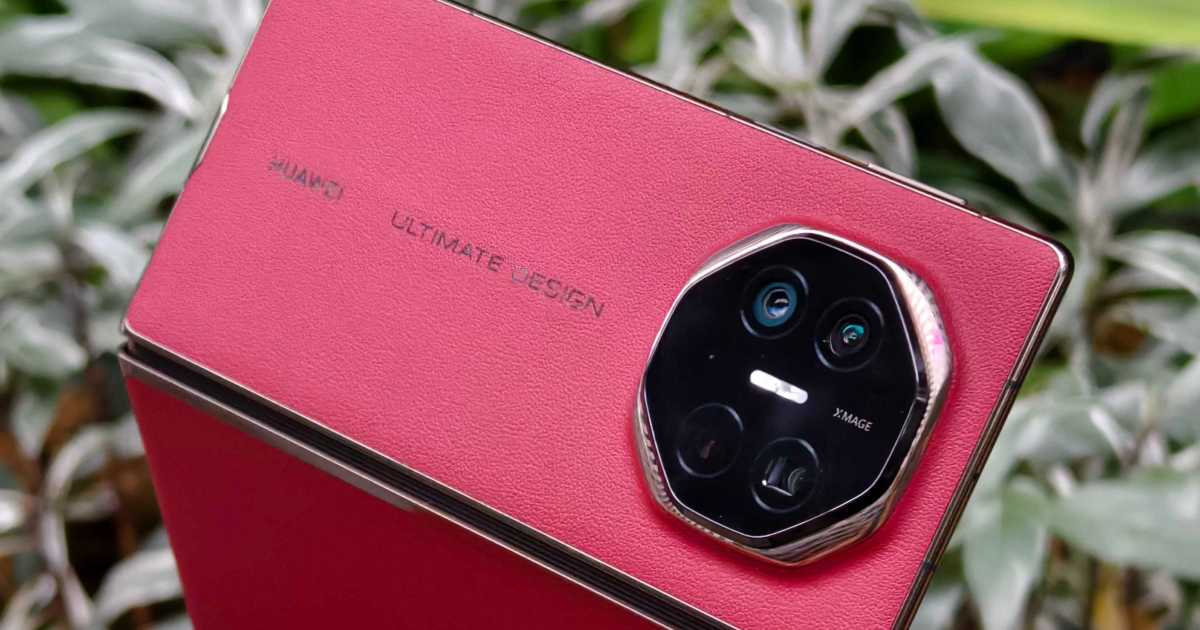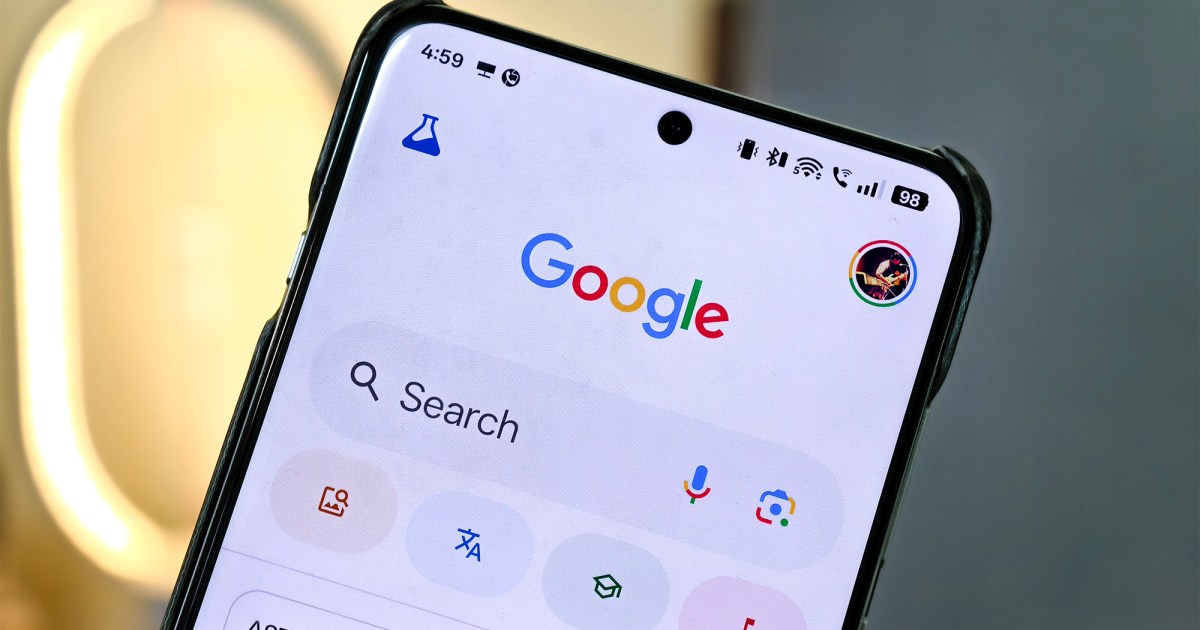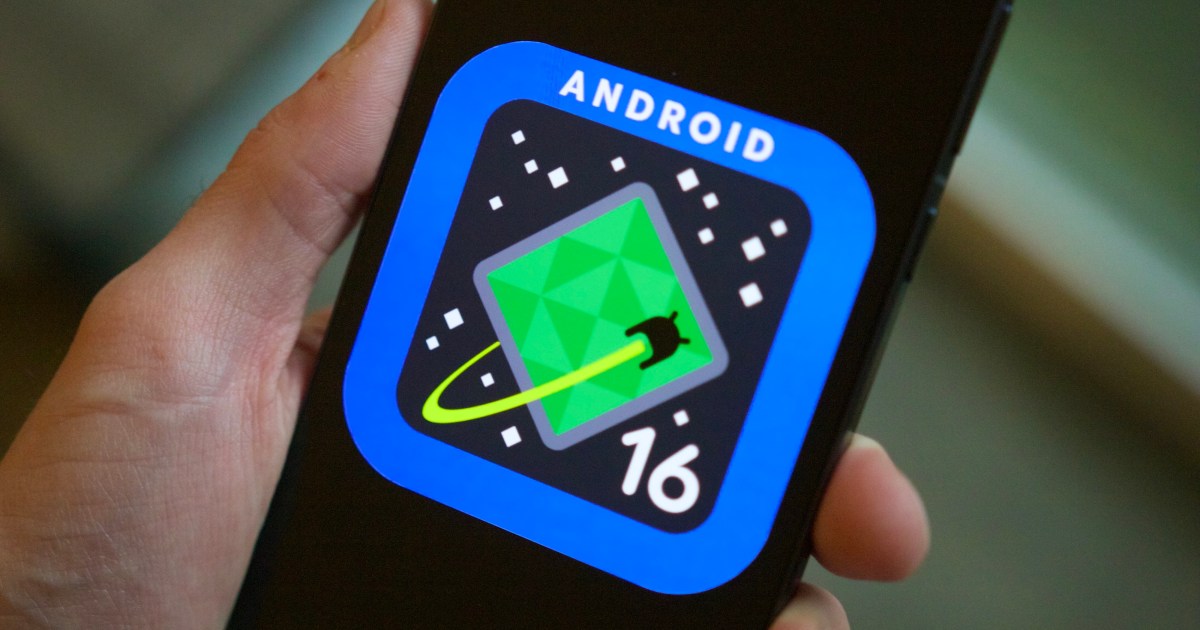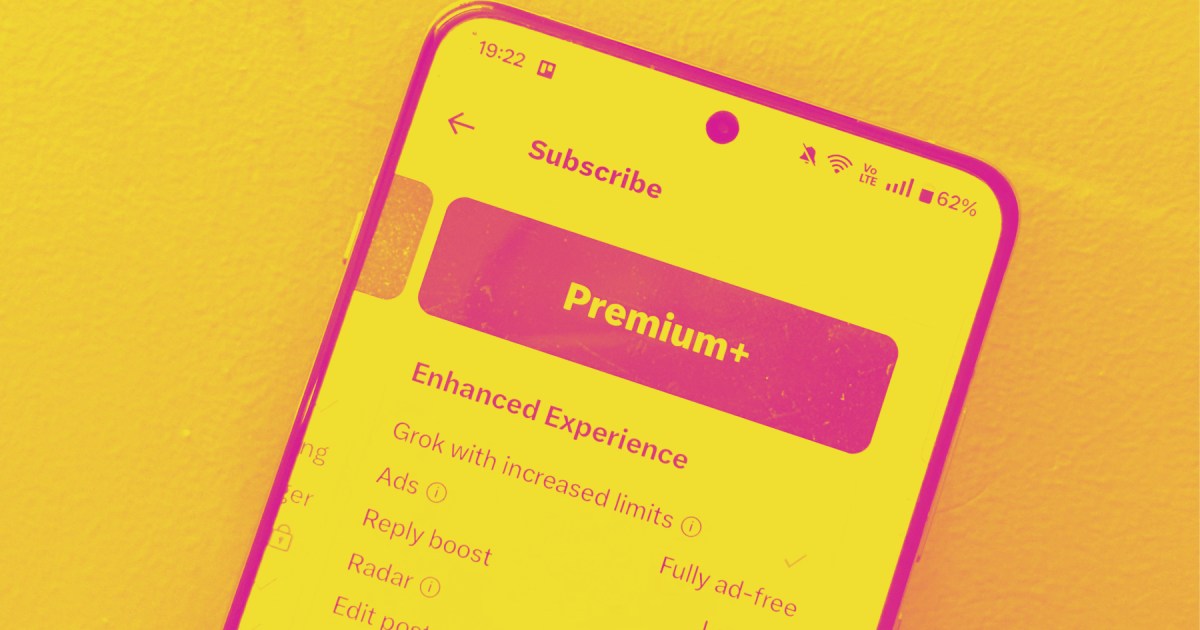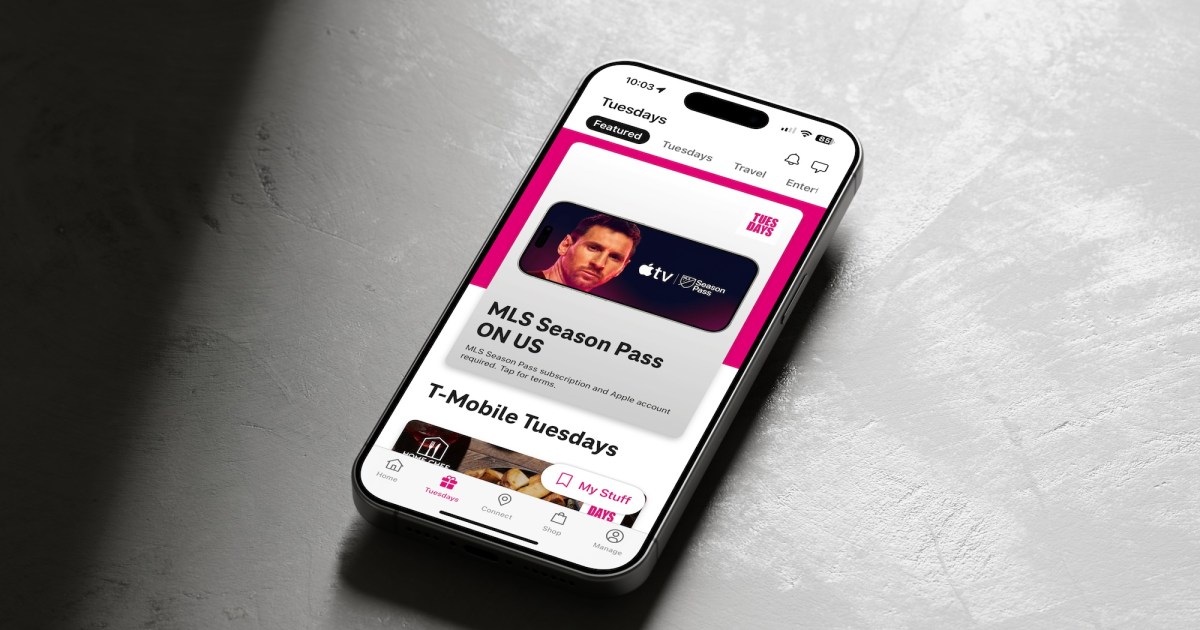Google Messages recently received an update enabling Android users to utilize it for note-taking alongside its primary messaging function. This feature, highlighted by Android Authority, allows users to send lengthy texts, high-quality media, and other content to themselves via RCS messaging, bypassing the limitations of traditional SMS. While seemingly convenient, this practice raises significant security concerns.
Many individuals utilize messaging apps as a replacement for dedicated note-taking applications. However, RCS messages, particularly those sent to oneself, lack encryption, presenting potential security vulnerabilities. Following Apple’s adoption of cross-platform RCS messaging with Android, a cyberattack by the Chinese hacking group Salt Typhoon targeted U.S. communications networks. This prompted the FBI and CISA to caution Americans about using unencrypted messaging platforms, particularly for cross-platform communication between Apple and Android devices.
Therefore, using Google Messages as a notes app is strongly discouraged. For those seeking alternatives to their device’s built-in notes app, more secure options exist.
Secure Alternatives for Note-Taking
Several messaging and note-taking apps offer enhanced security for personal notes:
Signal: Prioritizing Privacy
Signal is a highly secure messaging app gaining popularity for its robust security features and its suitability for personal note-taking. It provides default end-to-end encryption and requires password and identity verification upon each login, safeguarding user content from unauthorized access. Signal is widely used by journalists, activists, and whistleblowers seeking protection from online harassment and persecution.
WhatsApp: A Familiar Option with Encryption
WhatsApp, primarily used for international communication, is increasingly adopted for personal note-taking. By linking the app to a phone number, users can send notes to themselves, benefiting from WhatsApp’s end-to-end encryption, which prevents even Meta, the platform’s owner, from accessing user content.
Strflow: A Dedicated Notes App with Enhanced Organization
Strflow, an iOS-exclusive notes app, organizes notes chronologically and allows users to add images, links, and tags for context. Strflow Plus, a paid subscription, offers iCloud encryption for enhanced security. A free two-week trial is available.
Day One: A Journaling App for Secure Note-Keeping
Day One, a journaling app, functions similarly to Strflow but organizes entries from latest to oldest. Default end-to-end encryption with keys stored on the device and iCloud ensures the security of journal entries and notes. While some advanced features require a paid subscription, the core functionality provides a secure platform for personal note-taking.
Conclusion: Prioritize Security for Your Notes
These alternative apps offer superior security compared to using Google Messages for note-taking. Choosing a secure platform is crucial, especially for notes containing sensitive information. Prioritize your digital security by selecting an app that aligns with your privacy needs.



